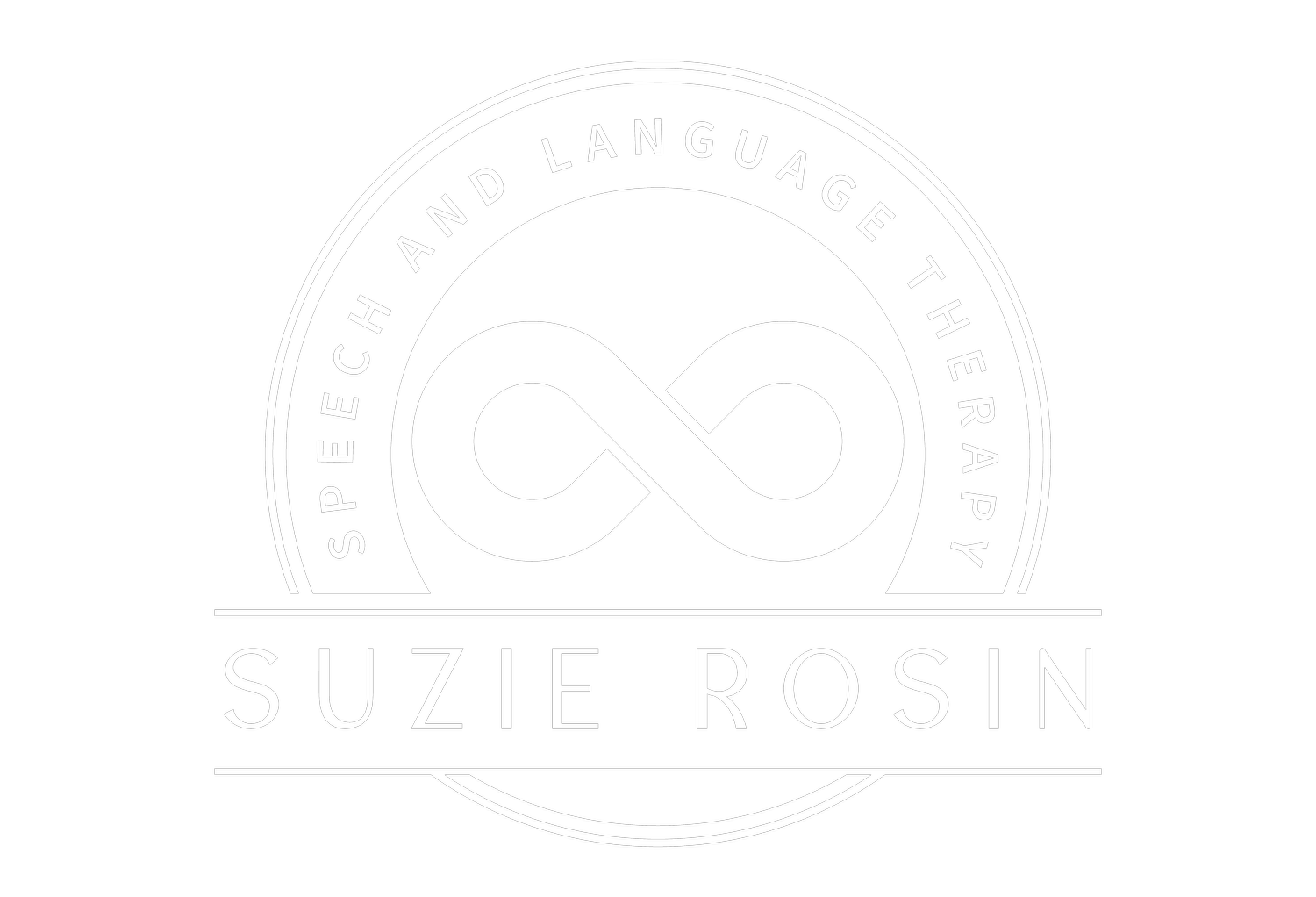Executive Function and Communication
What Is Executive Function?
Executive function refers to the set of mental skills we use to plan, organise, and manage our thoughts, actions, and emotions. These skills help us carry out everyday tasks, solve problems, and stay focused.
Executive function is like the brain’s management system. It helps us think ahead, stay flexible, and keep on track with what we are doing.
Some key areas of executive function include:
Working memory – the ability to hold and use information in your mind over short periods (e.g. remembering instructions while completing a task)
Inhibitory control – the ability to stop and think before acting; managing impulses and resisting distractions
Cognitive flexibility – the ability to shift attention, adapt to change, or see something from a different perspective
Planning and organisation – being able to set goals, make a plan, and follow through with steps to complete a task
Emotional regulation – managing emotions in a way that is appropriate for the situation
Task initiation – starting a task without undue delay
Sustained attention – maintaining focus on a task over time, even if it’s difficult or not exciting
Self-monitoring – checking and evaluating your own performance or behaviour to make changes when needed
These skills are complex, we all have areas we find easier and others more challenging. Struggling with executive function skills doesn’t necessarily mean a diagnosis—it may simply reflect a relative weakness over a strength. However, many neurodivergent individuals experience more persistent and significant challenges across these areas. This can have a big impact on their daily functioning, as executive function skills are closely linked to thinking, learning, and behaviour.
How Speech and Language Therapy Can Help Children with Their Executive Function Skills
Executive function skills are closely linked to many areas needed for successful communication. Speech and Language Therapists may support these skills as part of therapy, helping to improve communication in an indirect but meaningful way. These can include:
Building Awareness - Helping children understand the specific challenges they face (e.g. finding it hard to remember instructions, or organise their ideas) so they can implement helpful strategies.
Teaching Organisation Strategies – Introducing visual timetables, checklists, now/next boards, and routines.
Supporting Working Memory - Helping children strengthen their working, specifically their auditory memory through targeted exercises and activities.
Improving Sequencing and Organisation in Communication – Through structured language tasks, story planning, and visual frameworks to support sentence building and narrative structure
Promoting Self-Advocacy – Helping children learn how to ask for help, say when they don’t understand, or request a strategy that supports them.

